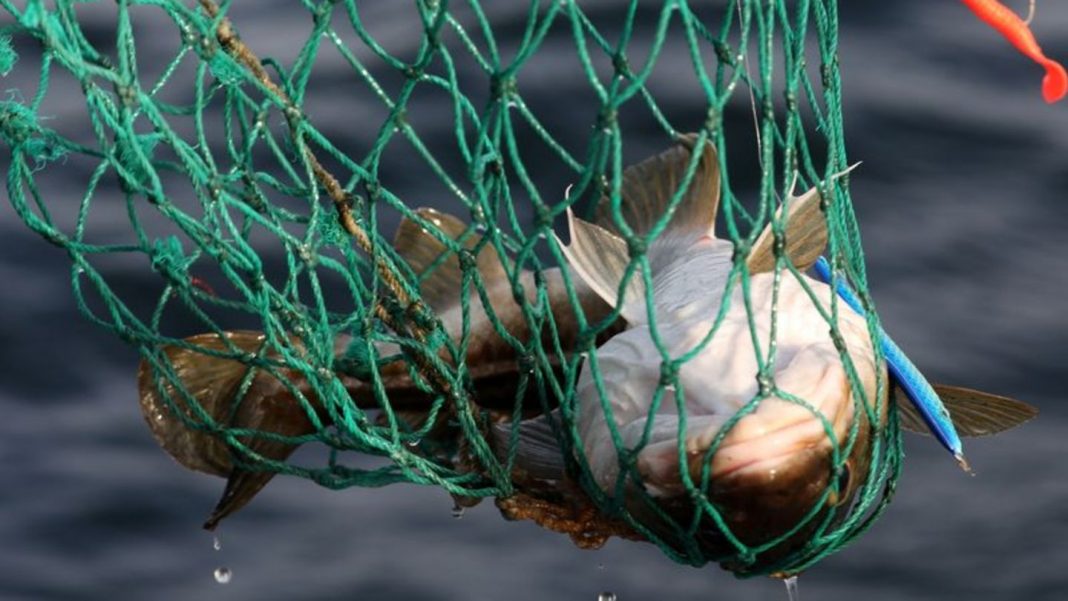Herring and Cod
EU Ministers agree on Baltic sea fishing quotas for 2021
The catches for the Western Baltic Cod will be increased in 2021 to five percent. Photo: Bernd Wüstneck/dpa-Central picture/dpa
© dpa-infocom GmbH
Many fish stocks in the Baltic sea is in a bad way. German fishermen have to adjust to the Western herring is now again on significant cuts. The Cod is a slight increase, however, is.
German Baltic sea-fishermen are allowed to catch in the coming year, significantly less herring. The allowable catch for the Western herring will be reduced in 2021 again, as from an agreement of the EU fisheries Ministers to show.
Environmentalists responded positively surprised on the agreement of the Minister. “With the decisions we have found a good balance,” said Federal agriculture Minister Julia Klöckner (CDU). “Fish stocks need to recover. At the same time, it is important to allow on the basis of the scientific data for a sustainable management.” Because fishing and fishing tourism in the economic existence hanging out for many families on the coasts. Klöckner is currently leading the negotiations with the other States, because Germany holds until the end of the year, the presidency of the EU.
When German fishermen are particularly important to the Western herring, the agreement of the Minister now envisages a reduction of 50 per cent, for the Western Baltic Cod, however, a slight increase of five percent. Cod recreational fishers should continue to be allowed five copies of the day out of the water. From mid-may to mid-August, there will be only two. In the Eastern Cod in the Baltic sea must not continue to be fished in a targeted manner. A slight increase in the coming year, the catch quota for plaice (plus five percent) and the sprat (plus six percent).
The EU fisheries Ministers set in any year, the so-called total allowable catches. The EU Commission makes proposals on the basis of scientific recommendations, in which the status of individual stocks is examined. The total catches are distributed among the EU member States as national quotas. If this was exploited in a quota allowed for the quota, it is allowed to catch the respective country, there is temporarily no more fish.
The WWF assessed the agreement was largely positive. The Balance of recovery of fish stocks and income for the fishermen to be achieved “surprisingly, in large Parts,” said Stella Nemecky, fisheries policy expert for the environmental protection organization. The results were overall worse than the proposals of the EU Commission, “but it could’ve been worse”. “It has detected the appearance, as the Minister would have the interior and the Minister of the seriousness of the situation.” Nemecky criticized, however, that for the Western herring no catch stop has been decided.



